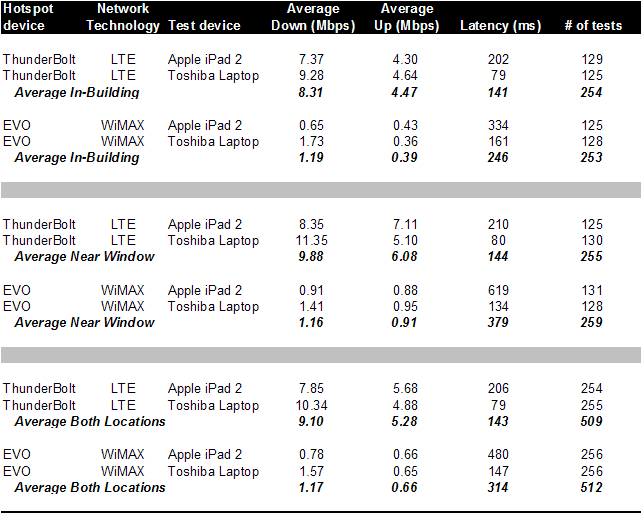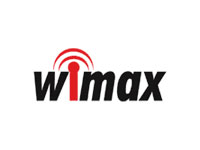 Not satisfied with relying on the U.S. Department of Justice to protect the competitive marketplace for cell phone service, Sprint Nextel today brought suit against AT&T, Inc., AT&T Mobility, Deutsche Telekom and T-Mobile seeking to block the proposed acquisition as a violation of Section 7 of the Clayton Act. The lawsuit was filed in federal court in the District of Columbia as a related case to the Department of Justice’s (DOJ) suit against the proposed acquisition. It has been assigned to the same judge handling the Justice Department’s own lawsuit — Judge Ellen S. Huvelle.
Not satisfied with relying on the U.S. Department of Justice to protect the competitive marketplace for cell phone service, Sprint Nextel today brought suit against AT&T, Inc., AT&T Mobility, Deutsche Telekom and T-Mobile seeking to block the proposed acquisition as a violation of Section 7 of the Clayton Act. The lawsuit was filed in federal court in the District of Columbia as a related case to the Department of Justice’s (DOJ) suit against the proposed acquisition. It has been assigned to the same judge handling the Justice Department’s own lawsuit — Judge Ellen S. Huvelle.
“Sprint opposes AT&T’s proposed takeover of T-Mobile,” said Susan Z. Haller, vice president-Litigation, Sprint. “With today’s legal action, we are continuing that advocacy on behalf of consumers and competition, and expect to contribute our expertise and resources in proving that the proposed transaction is illegal.”
Sprint’s lawsuit focuses on the competitive and consumer harms which would result from a takeover of T-Mobile by AT&T. The proposed takeover would:
- Harm retail consumers and corporate customers by causing higher prices and less innovation;
- Entrench the duopoly control of AT&T and Verizon, the two “Ma Bell” descendants, of the almost one-quarter of a trillion dollar wireless market. As a result of the transaction, AT&T and Verizon would control more than three-quarters of that market and 90 percent of the profits;
- Harm Sprint and the other independent wireless carriers. If the transaction were to be allowed, a combined AT&T and T-Mobile would have the ability to use its control over backhaul, roaming and spectrum, and its increased market position to exclude competitors, raise their costs, restrict their access to handsets, damage their businesses and ultimately to lessen competition.
 Sprint believes that in a marketplace dominated by AT&T and Verizon Wireless, the two largest players would likely collude on pricing and terms of service rather than compete heavily against one-another. Sprint’s assumptions may already be true, considering both companies largely charge near-identical prices for service.
Sprint believes that in a marketplace dominated by AT&T and Verizon Wireless, the two largest players would likely collude on pricing and terms of service rather than compete heavily against one-another. Sprint’s assumptions may already be true, considering both companies largely charge near-identical prices for service.
While Sprint proceeds with its own legal action, squabbling has broken out over whether or not AT&T so carefully crafted the terms and conditions of their $6 billion “breakup fee,” payable to T-Mobile USA if the merger fails, that it almost guarantees AT&T will never have to pay it.
“Under its agreement with Deutsche Telekom, the deal is only valid if the acquisition receives regulatory approval within a certain time frame,” an anonymous source told Reuters. “Also, the agreement could become invalid if regulatory conditions for the sale push the value of T-Mobile USA below a certain level.”
T-Mobile, unsurprisingly, disagrees with that characterization.
A Deutsche Telekom spokesman said Tuesday that AT&T could retreat from the transaction if the concessions necessary to get approval amount to more than $7.8 billion, but added Deutsche Telekom would still be entitled to receive the break-up fee package, which includes cash and wireless spectrum.


 Subscribe
Subscribe





